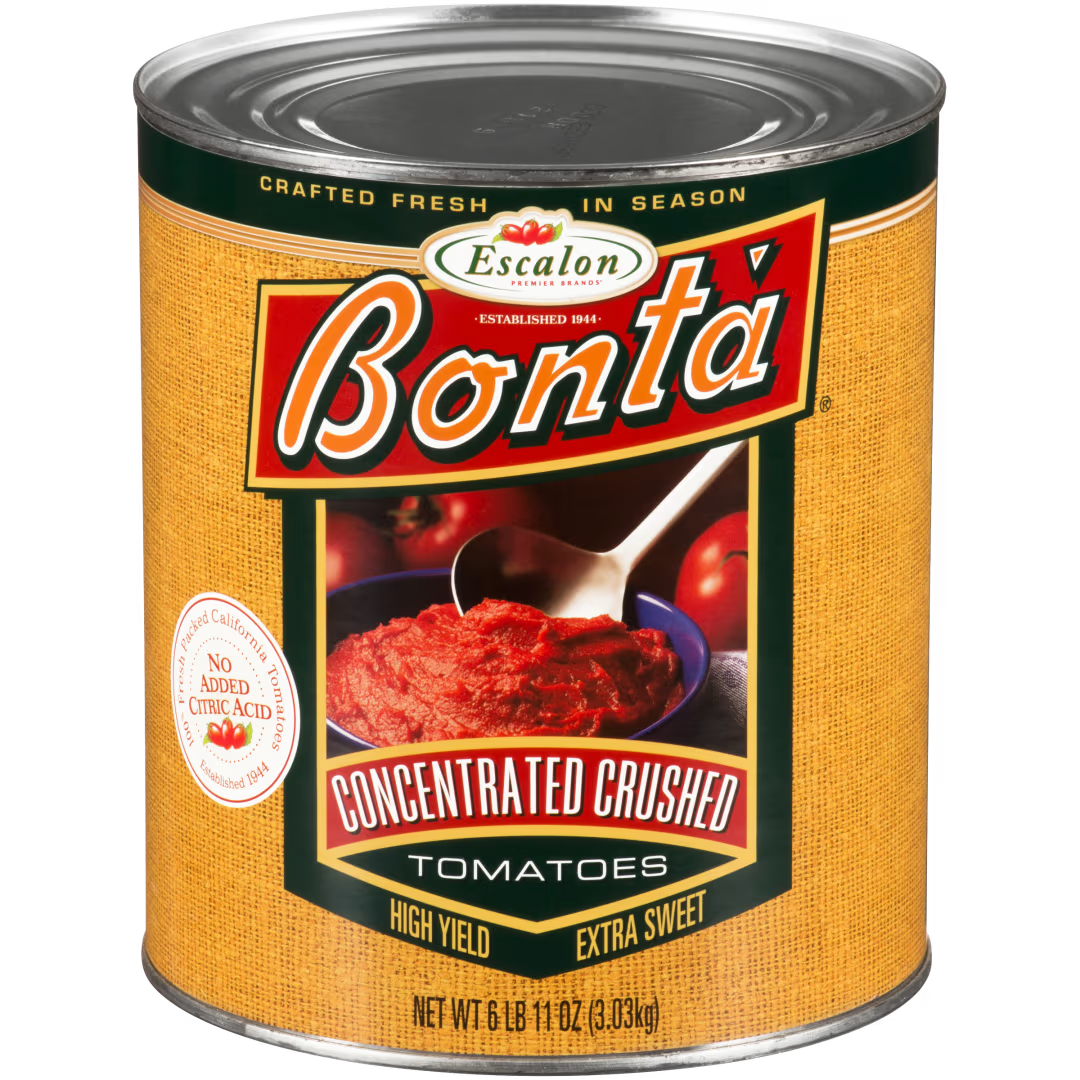Canned tomatoes are a cornerstone ingredient in commercial cooking, revered for their unparalleled versatility and flavor-enhancing properties. Whether utilized as a base for sauces, soups, stews, or as a vibrant topping for pizzas and pastas, canned tomatoes form the foundation upon which countless savory dishes are built.
History of Tomato Sauce
A quintessential element of countless Italian dishes, tomato sauce traces its roots back to ancient civilizations. Contrary to popular belief, tomatoes were not indigenous to Italy but were introduced to Europe via the voyages of New World explorers. Initially greeted with suspicion due to their resemblance to toxic flora, tomatoes underwent cultivation and assimilation into European gastronomy during the 16th century.
The earliest documented recipe for tomato sauce, or "salsa di pomodoro," can be found in an Italian cookbook dating back to 1692. These nascent tomato sauces were rudimentary, typically comprising tomatoes and salt. The incorporation of aromatic herbs such as basil and oregano, along with garlic and onions, transpired later, rendering tomato sauce into the rich and flavorsome condiment known today.
Canned tomatoes aren't just used in Italian gravy, though. They're also important for dishes like chili, soups, and they can even be used in tomato-infused beverages. Quality is important, so it's critical to consider a trusted name.
Escalon Tomatoes from KraftHeinz
 We all know the name of KraftHeinz. One of the most important partnerships in foodservice, this company has pioneered so many iconic brands and products it's hard to keep count. That's why it's important to consider great tomato brands in your own cooking.
We all know the name of KraftHeinz. One of the most important partnerships in foodservice, this company has pioneered so many iconic brands and products it's hard to keep count. That's why it's important to consider great tomato brands in your own cooking.
Escalon produces a better tomato, but it's hard to just accept that statement as fact. Consider ordering a sample from our team at Total Source, and then consider the Escalon Tomato Challenge as outlined below.
Step 1
Start by tasting a can of Escalon tomatoes, and then taste the tomatoes you're currently using. See if you can taste the difference in acidity levels. Escalon never adds citric acid, and they only use steam peeling as opposed to lye. It's easy to taste the difference.
Step 2
Try making a batch of sauce with your standard recipe, but rather than use your traditional tomatoes, try the ones from Escalon.
Step 3
Make sure you use the same volume of water and tomatoes. This is important, as it must be the same amount of each. Your recipe is great, so why change the proportions now?
Step 4
Make sure to create a full batch, not a half or quarter batch of your sauce. Replicate your original process as closely as possible.
Step 5
Once you add your standard spice profile and mix everything together, let your batch of sauce sit overnight so the spices can marry as they typically do with your process.
Step 6
Now, after the sauce sits overnight, it's time to judge the new tomatoes. You might find that Escalon tomatoes create a thicker sauce when compared to your standard brand. Do not worry. This is expected. All you have to do is add a bit more water to change the consistency, and this ultimately gives you greater yield from Escalon tomatoes.
Next, taste them side by side and see the difference. With cleaner production methods and the removal of citric acid, we bet you can taste the difference.
Ready to take the Escalon Tomato Challenge from a trusted brand like KraftHeinz?
